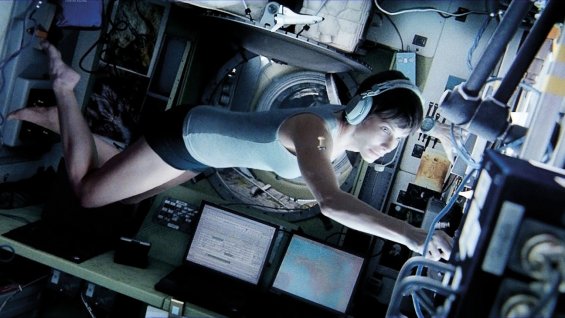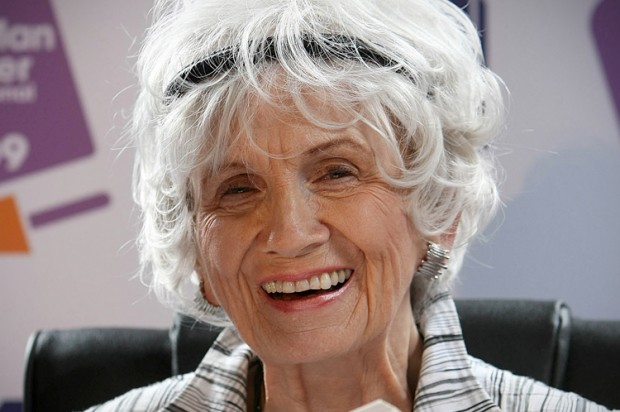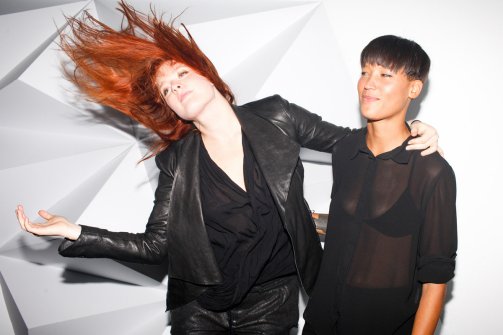
Here’s one thing I’ve never said upon exiting an action film: “Those accusations of sexism were totally unfounded.” Because I always think they’re founded. One of the hazards of listening to about ten pop culture podcasts is that when a new movie really hits, you better believe all ten podcasts are going to discuss it in NPR levels of detail. By the time I see most films, I’ve already heard arguments about sexism, racism, appropriation, and homophobia, and I’m basically writing my thesis as my popcorn hits the bag. So I was entirely prepared to be incensed by Alfonso Curón’s Gravity after hearing Josh Larsen of Filmspotting describe George Clooney’s character as a mansplaining Buzz Lightyear with Jiminy Cricket pretensions. But upon exiting this particular action film, all I could think was, “Those accusations of sexism were totally unfounded.”
Larsen leveled the charge of mild sexism against Gravity because of the supposedly patronizing nature of Clooney’s Matt Kowalski—a space hero always eager to rescue space newbie, Ryan Stone—played by Sandra Bullock (a.k.a., the queen of 2013). Normally, I’d be totally on board with this accusation, but Kowalski’s defining characteristic is his seniority. Not only is the man seriously greying, but the film reminds us at least four times that he’s breaking the record for time spent in space. He’s literally been doing this job longer than any other living being in the known universe—EVER. Stone, on the other hand, is on her maiden voyage. And she isn’t even a real astronaut. She’s a scientist who happened to end up in space after a series of unfortunate events. Despite the fact that she’s clearly coded as competent and highly intelligent, she also frequently comments on how much she’d really rather not be in space right now. And, honestly, who can blame her? So having the veteran Kowalski teach the rookie Stone how she can ultimately save herself doesn’t seem so much sexist as the basis of every cop movie ever made—if you change one of those pronouns, of course. Continue reading “In Space, No One Can See Your Vagina”









